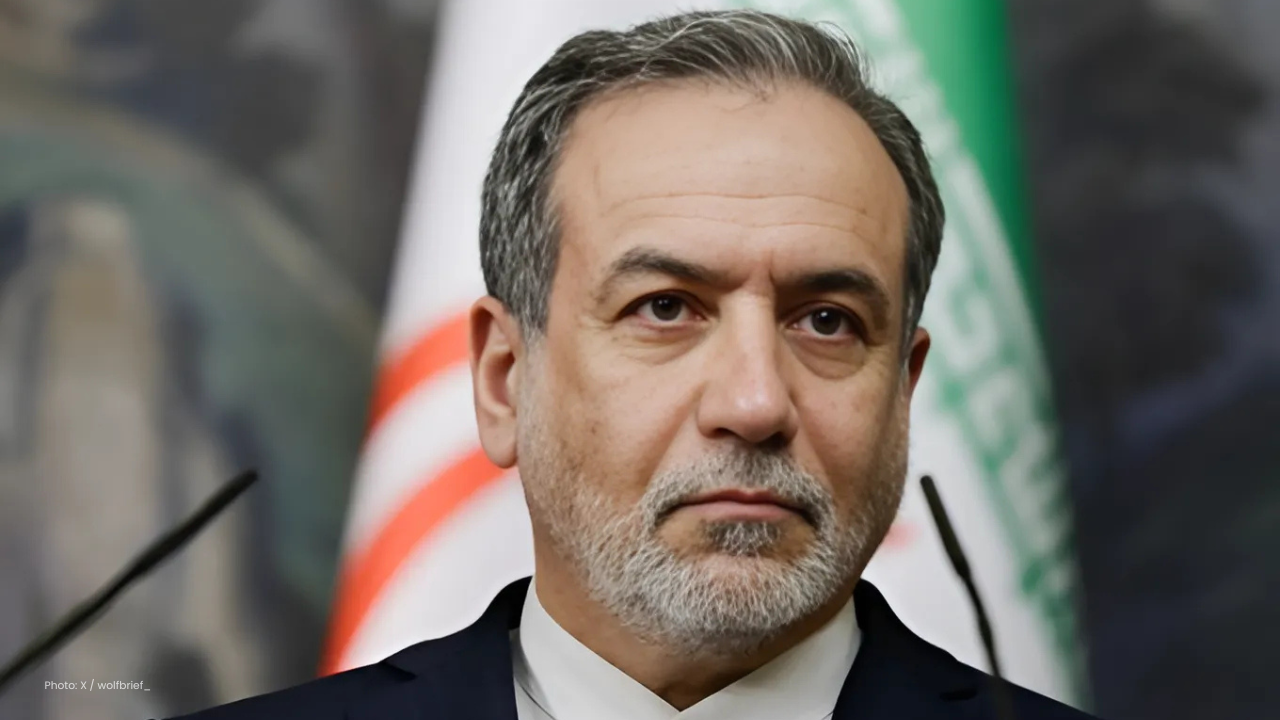
Post by : Naveen Mittal
Tensions are rising again between Iran and European powers over the future of the 2015 nuclear deal. Iran’s deputy foreign minister, Saeed Khatibzadeh, has sharply criticised Britain, France, and Germany for moving forward with a plan that could bring back U.N. sanctions on Tehran. He accused the European governments of being “politically biased” and warned that their actions could make the situation more dangerous.
In 2015, Iran signed an agreement with world powers called the Joint Comprehensive Plan of Action (JCPOA). Under the deal, Iran agreed to limit its nuclear program in exchange for relief from harsh economic sanctions. The aim was to prevent Iran from developing nuclear weapons while allowing it to use nuclear technology for peaceful purposes.
But the deal has faced serious challenges. In 2018, the United States under President Donald Trump pulled out of the JCPOA and reimposed sanctions on Iran. In response, Iran began scaling back its commitments and enriching more uranium than allowed. This has alarmed Western nations, especially since enriched uranium can be used to make nuclear weapons.
The European countries — Britain, France, and Germany, known as the “E3” — have tried to keep the deal alive, but relations have grown tense as Iran pushes forward with its nuclear program.
Recently, the E3 launched a 30-day process that could bring back U.N. sanctions against Iran. This process is called the “snapback mechanism”, which is built into the original 2015 deal.
If the snapback is triggered, all the U.N. sanctions that were lifted under the JCPOA would return. This would isolate Iran further, cutting off trade and investment, and making life even harder for ordinary Iranians already suffering under economic pressure.
French President Emmanuel Macron announced that European powers were likely to reimpose sanctions by the end of the month. According to Macron, talks with Iran had not been “serious” enough, and Tehran had not taken the steps needed to build trust.
Deputy Foreign Minister Saeed Khatibzadeh rejected the European move as unfair and biased. Speaking to reporters in Geneva, he said: “What Europeans are doing is politically biased and politically motivated. They are wrong on different levels by trying to misuse the mechanism embedded in the JCPOA.”
Khatibzadeh accused Europe of ignoring Iran’s concerns and warned that if diplomacy fails, Iran has “all options on the table.” He said Europe would be responsible for any risks or instability that might follow.
Foreign Minister Abbas Araqchi also said that Iran had presented a “reasonable and actionable plan” to the Europeans. According to him, Tehran is willing to cooperate but will not bow to unfair demands.
The E3 countries offered to delay the snapback for up to six months — but only if Iran meets certain conditions. These include:
Restoring full access for U.N. nuclear inspectors.
Allowing inspectors to check Iran’s large stockpile of enriched uranium.
Agreeing to new talks that would include the United States.
For Europe, these steps are necessary to prove that Iran is not secretly developing a nuclear weapon. But Iran has been hesitant to fully agree, especially as U.S. sanctions continue to hurt its economy.
The United Nations Security Council is also involved. A resolution to permanently lift U.N. sanctions on Iran is set for a vote. However, diplomats say it is unlikely to pass because it does not have enough support. Even if it did, the United States, Britain, or France could veto it.
This means Iran faces the real possibility of renewed sanctions, which would further weaken its already struggling economy.
For ordinary Iranians, sanctions mean rising prices, fewer jobs, and shortages of basic goods. Sanctions target banking, oil exports, and trade — all of which are central to Iran’s economy.
Many Iranians feel frustrated, saying that political disputes between governments have left them to carry the burden. Shopkeepers, workers, and students often struggle with high inflation and limited opportunities. The return of U.N. sanctions would make this situation even worse.
Experts warn that the dispute could escalate quickly. If Europe reimposes sanctions, Iran may respond by further expanding its nuclear program. That would heighten tensions with not only Europe and the United States but also regional rivals like Israel and Saudi Arabia.
Khatibzadeh said that Europe’s actions would increase “unpredictability” in the region, creating more risks for everyone.
Although the U.S. is no longer part of the JCPOA, it still plays a major role. Washington has pushed for tougher measures against Tehran, accusing it of secretly advancing nuclear weapons research — something Iran denies.
The Europeans are caught between their desire to preserve the deal and the pressure from Washington to be tougher on Iran. This balancing act has made the situation even more complicated.
The coming weeks are critical. If Europe goes ahead with the snapback mechanism, Iran could face another round of deep isolation. Diplomats say there is still room for negotiation, but both sides will need to show flexibility.
For now, the atmosphere remains tense. Iran insists it wants fair treatment and recognition of its rights, while Europe demands strict compliance with nuclear rules. Without compromise, the standoff could drag the Middle East into deeper instability.
#iran #europe #jcpoa #nuclear #sanctions #un #middleeast #diplomacy #worldpolitics #geneva
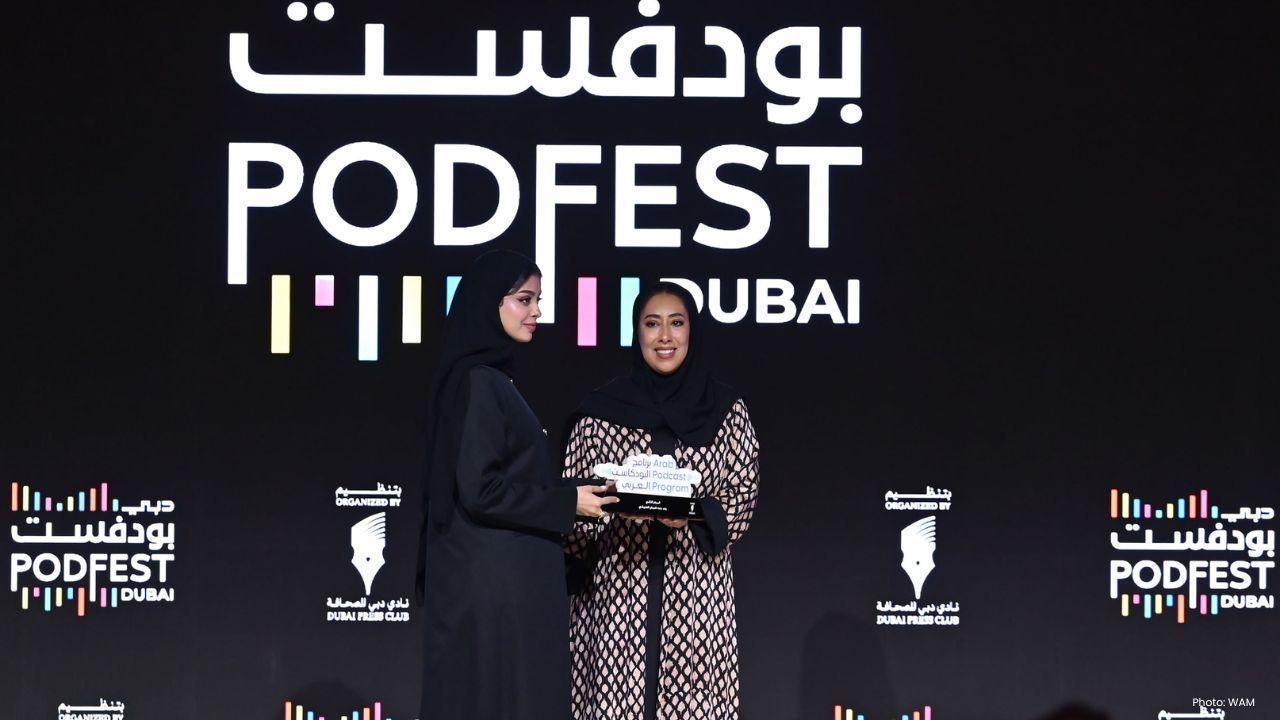

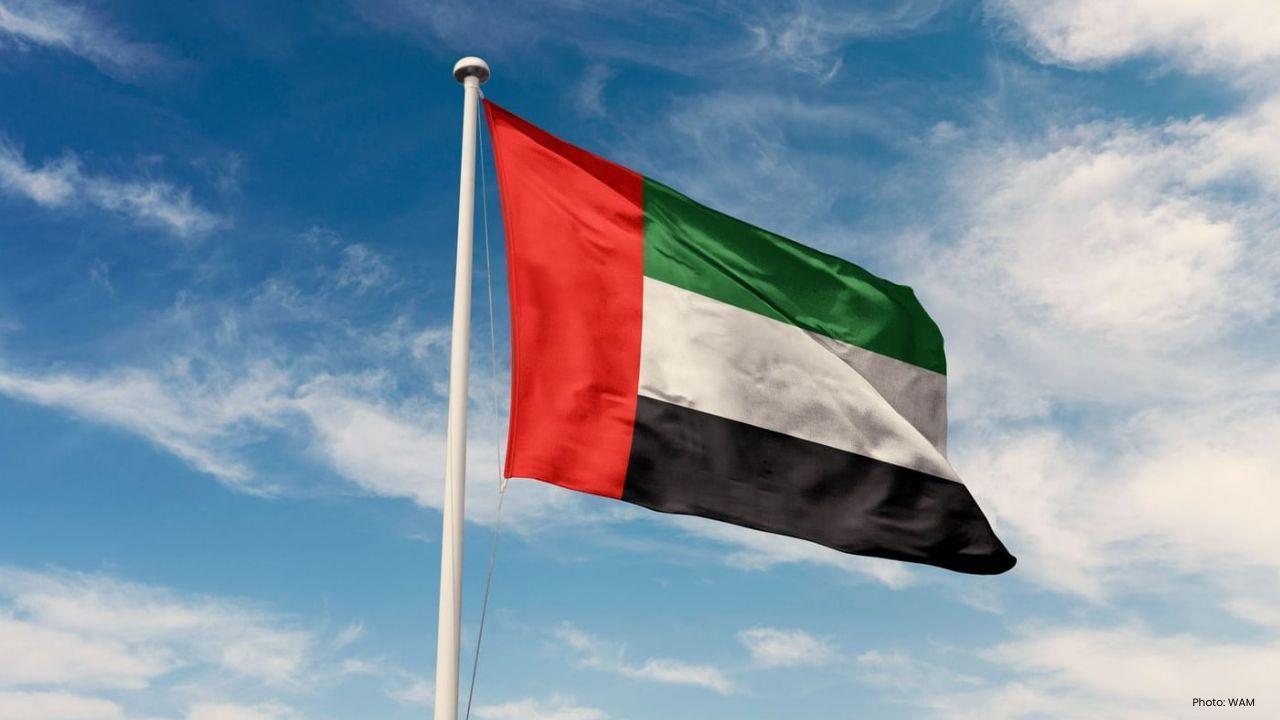
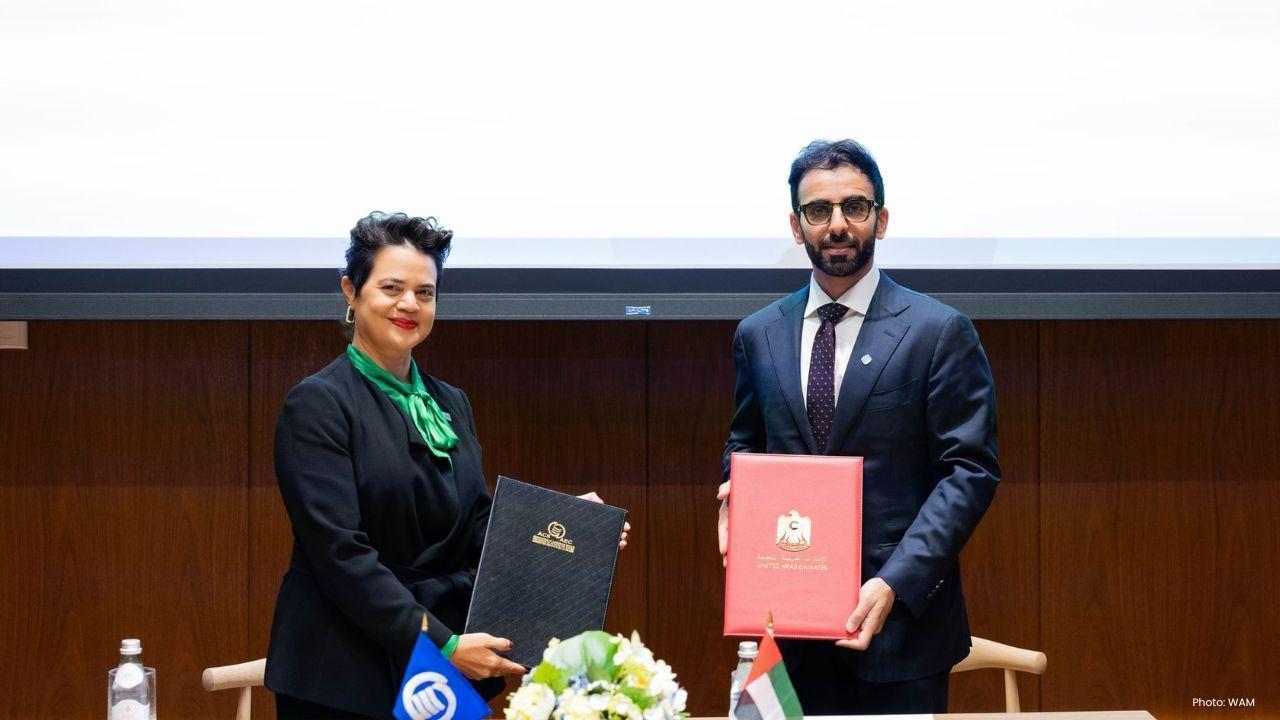
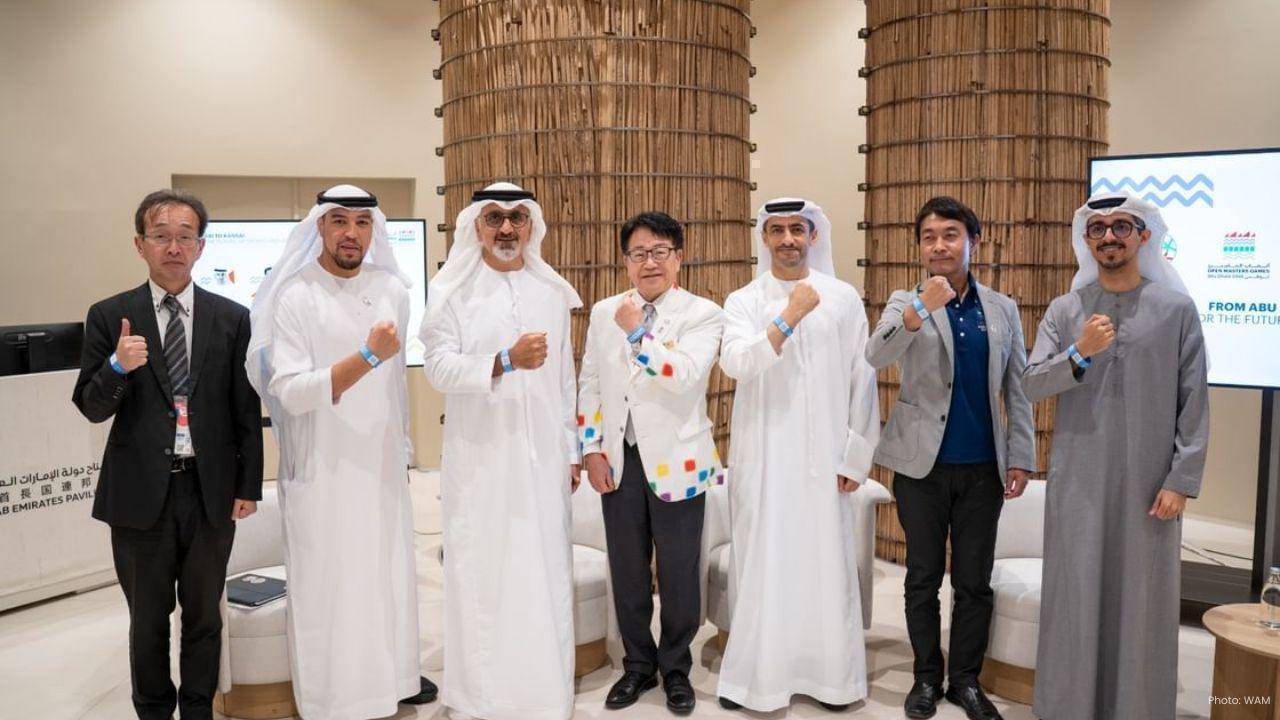

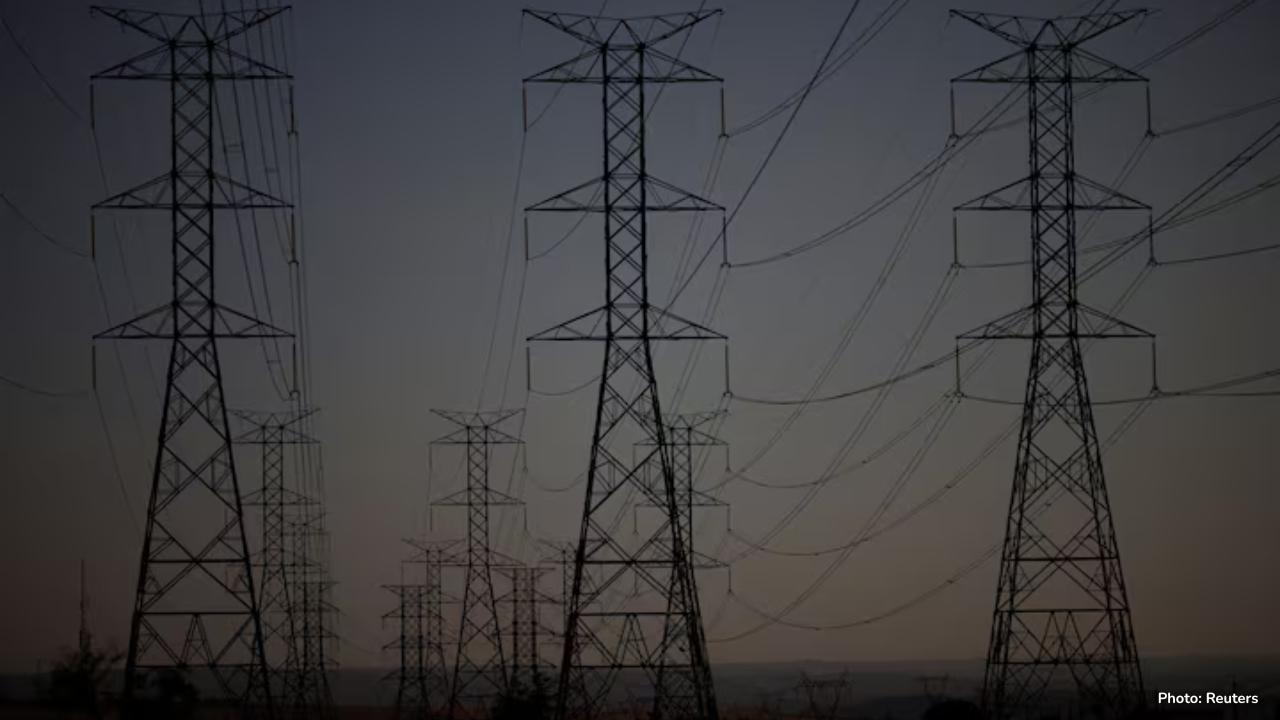
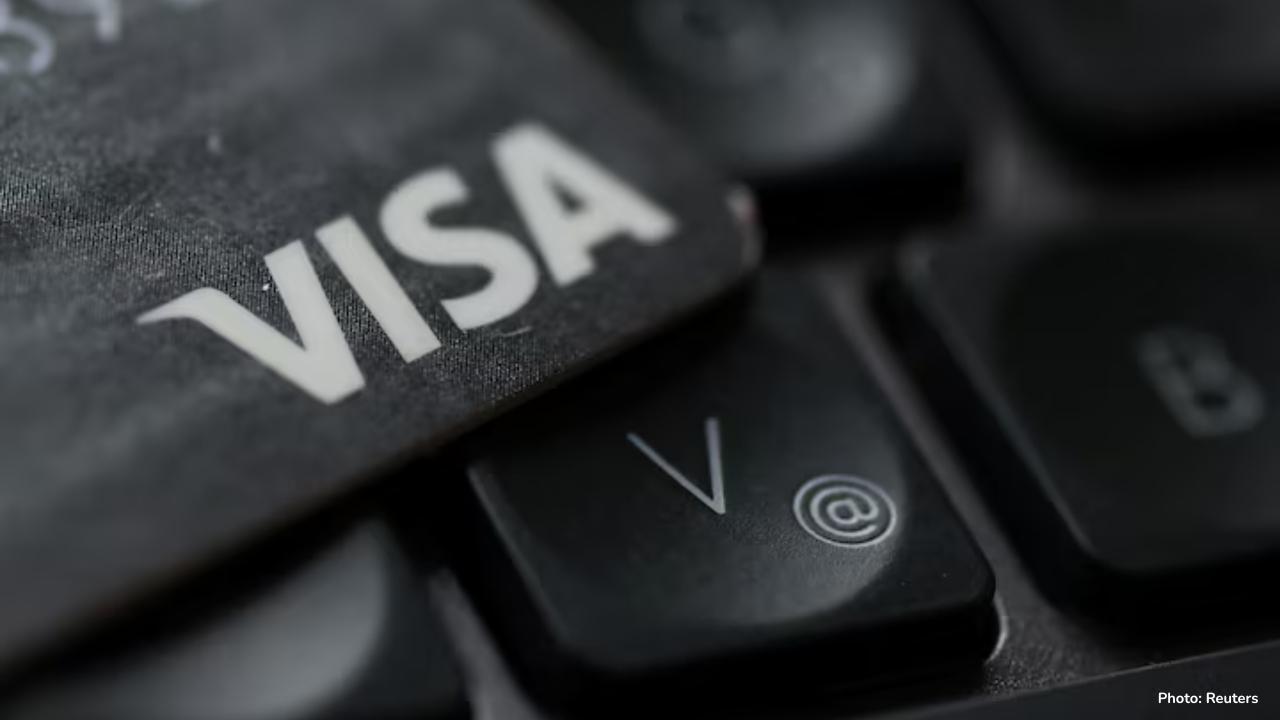
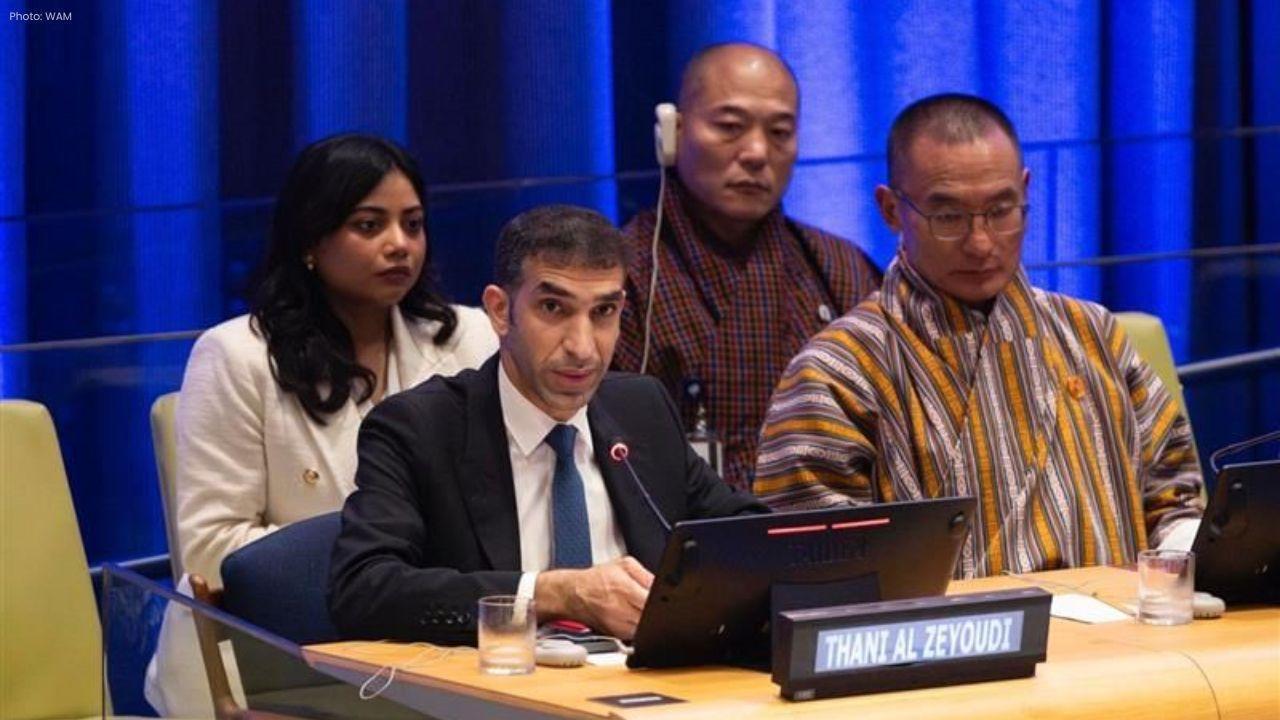

OpenAI's Revenue Soars to $4.3 Billion in First Half of 2025
OpenAI's revenue reaches $4.3 billion in the first half of 2025, marking a 16% increase from the pre

UAE Leaders Send Condolences to Saudi King Over Princess Abta's Death
UAE rulers and crown princes sent heartfelt messages to King Salman, mourning the passing of Princes

Brazil's Surplus Clean Energy Attracts Crypto Miners
Brazil's excess renewable energy is luring cryptocurrency miners. Companies like Tether and Renova E

Visa Tests Stablecoins to Make Global Payments Faster
Visa is testing stablecoins for international payments, aiming to speed up transactions and reduce t

Opera Unveils Neon AI Browser for Smarter Web Browsing
Opera introduces Neon, an AI-powered browser that automates tasks and enhances privacy, aiming to re

Albanese Visits Sheikh Zayed Grand Mosque in Abu Dhabi
Australian PM Albanese tours Sheikh Zayed Grand Mosque, highlighting peace, tolerance, and cultural